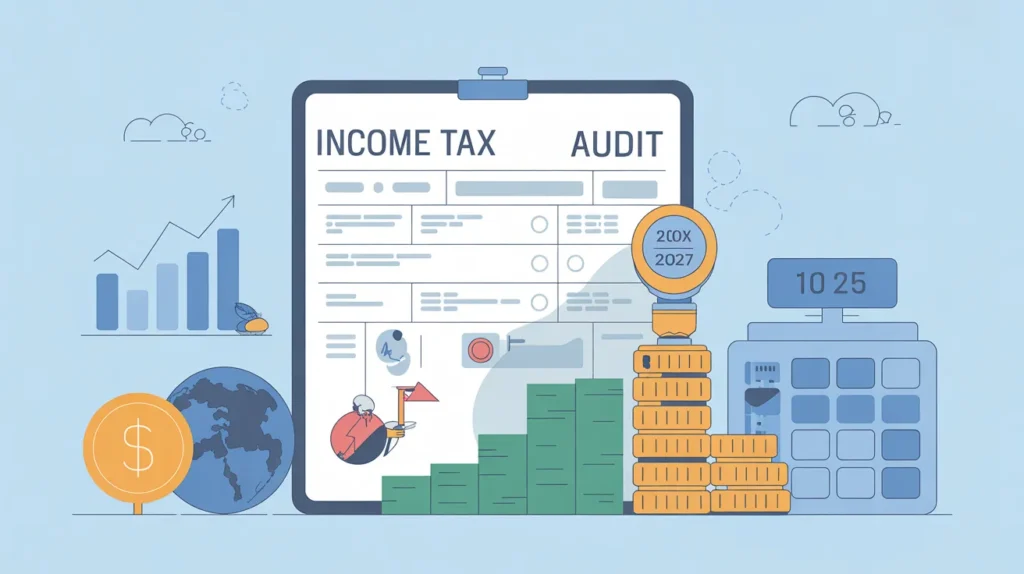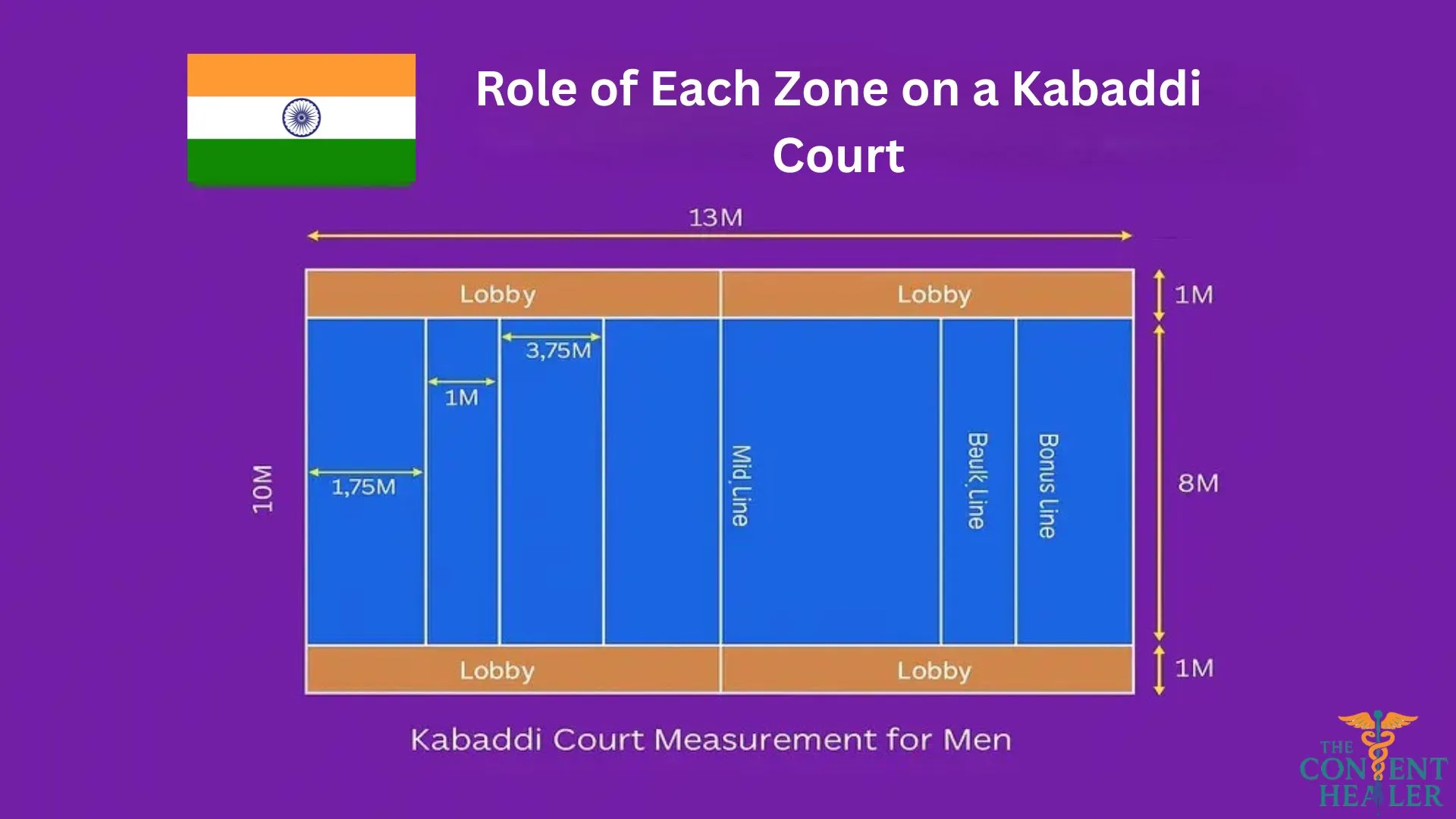An income tax audit is an official examination of financial records to ensure that income, expenses, and deductions reported in the tax return are correct. In India, tax audits are governed under the Income Tax Act, and they play a vital role in keeping transparency between taxpayers and the government.
With constant updates in tax laws, it’s important for individuals, professionals, and businesses to stay informed. In 2025, income tax audits remain a key compliance requirement, especially for those crossing certain income or turnover thresholds. Let’s explore how it works, who needs to undergo an audit, and what has changed this year.
Who is Required to Get an Income Tax Audit in 2025?
Not everyone needs an income tax audit. The law specifies certain conditions based on income and turnover:
- Business Turnover: If your total sales, turnover, or gross receipts exceed ₹1 crore, a tax audit becomes mandatory.
- Professionals: If your gross professional receipts exceed ₹50 lakh, you must get an audit.
- Presumptive Taxation Scheme: If you opt out of Sections 44AD or 44ADA and your income exceeds the basic exemption limit, an audit is required.
- Special Cases: Certain businesses with digital transactions and reduced cash dealings enjoy higher threshold limits (up to ₹10 crore turnover).
Types of Income Tax Audits in India
There are different forms of audits under Indian law. While all statutory audits are financial in nature, a tax audit is specific to income tax compliance.
- Statutory Audit: Required under the Companies Act, mainly for companies.
- Tax Audit: Conducted under Section 44AB of the Income Tax Act.
- Presumptive Taxation Audit: Applicable if you declare lower income than what is prescribed under sections 44AD, 44ADA, or 44AE.
Each category has unique requirements, and knowing where you fall helps you avoid penalties.

Key Provisions and Sections Related to Income Tax Audit
The Indian Income Tax Act clearly lays out provisions for audits:
- Section 44AB – Mandates tax audits for businesses and professionals crossing specific limits.
- Section 44AD – Presumptive taxation for small businesses.
- Section 44ADA – Presumptive taxation for professionals like doctors, lawyers, and consultants.
- Section 44AE – Special provisions for those in the transport sector.
These sections act as guidelines for determining whether an audit is compulsory for you.
Process of Filing an Income Tax Audit in 2025
Filing a tax audit involves multiple steps and needs to be done carefully to avoid errors. Here’s the basic procedure:
- Hire a Chartered Accountant (CA): Only a CA can conduct and file a tax audit report.
- Preparation of Reports: The CA examines your books of accounts, bills, and bank statements.
- Forms Used:
- Form 3CA: For businesses already audited under another law.
- Form 3CB: For those not audited under any law.
- Form 3CD: Detailed statement of particulars.
- Form 3CA: For businesses already audited under another law.
- Online Submission: The audit report is filed electronically on the Income Tax portal using the CA’s login.
Documents Required for Income Tax Audit
Before the audit process begins, make sure these documents are ready:
- Profit and loss account.
- Balance sheet.
- Books of accounts.
- Bank statements.
- GST returns (if applicable).
- Invoices for sales and expenses.
- Previous year’s tax returns.
Having these in order ensures a smooth audit process without unnecessary delays.
Due Dates and Deadlines for Tax Audit in 2025
The deadline for filing tax audit reports in India is 30th September 2025 (unless extended by CBDT). Missing this date can attract penalties and other consequences.
If you are required to file a transfer pricing report, the deadline may be extended to 31st October 2025. Always keep an eye on government notifications for extensions.
Penalties for Non-Compliance with Income Tax Audit
Failing to comply with income tax audit rules can be costly. The penalty is imposed under Section 271B:
- 0.5% of total sales, turnover, or gross receipts.
- Subject to a maximum of ₹1,50,000.
However, genuine reasons like natural calamities or unavoidable circumstances may offer relief from penalties.
Read also – Why the World Needs an International Criminal Court
Common Mistakes to Avoid During Income Tax Audit
Many taxpayers unknowingly make errors that cause trouble later:
- Misreporting turnover or income.
- Not reconciling GST with income tax returns.
- Filing late due to poor preparation.
- Incomplete documentation.
- Overlooking digital transactions.
Avoiding these mistakes can save you from penalties and future scrutiny.
Benefits of Income Tax Audit
While it may seem like a burden, a tax audit has multiple advantages:
- Increases transparency in financial reporting.
- Helps avoid notices and penalties from tax authorities.
- Strengthens credibility with banks and financial institutions.
- Makes it easier to secure loans and funding.
- Builds investor confidence in businesses.
In short, a tax audit is not just about compliance—it’s about building trust.
Income Tax Audit in 2025 – Key Updates & Changes
The Indian government continues to simplify compliance and encourage digital reporting. Some notable updates include:
- Digital Filing: All tax audits must be filed online through the e-filing portal.
- Higher Thresholds: For businesses with 95% digital transactions, audit limits are higher (up to ₹10 crore).
- Focus on Transparency: Tax authorities are using AI and data analytics to track discrepancies.
Expert Tips to Stay Compliant with Income Tax Audit
If you want to avoid last-minute stress, follow these best practices:
- Maintain accurate records throughout the year.
- Use accounting and GST software for easy tracking.
- Reconcile bank statements monthly.
- Stay updated with CBDT notifications.
- Always consult a CA well before the deadline.
These proactive steps make tax audits a smoother experience.
Conclusion
Income tax audits may feel complex, but with proper planning, documentation, and expert help, they become manageable. In 2025, the government continues to encourage digital transparency and compliance, making it even more important for businesses and professionals to stay updated. Whether you are a freelancer, business owner, or professional, understanding tax audit rules can save you from penalties and build financial credibility.
FAQs on Income Tax Audit in 2025
Q1. What is the turnover limit for income tax audit in 2025?
If your business turnover exceeds ₹1 crore or professional receipts exceed ₹50 lakh, an audit is mandatory. For businesses with 95% digital transactions, the limit goes up to ₹10 crore.
Q2. Is audit compulsory for freelancers and professionals?
Yes. If professional income exceeds ₹50 lakh in a year, an audit is required. Freelancers like designers, consultants, and writers fall under this rule.
Q3. What forms are used for income tax audit?
Form 3CA or 3CB is used for audit reports, while Form 3CD provides detailed particulars of the audit.
Q4. What happens if I miss the tax audit deadline?
You may face a penalty under Section 271B, which is 0.5% of your turnover or up to ₹1,50,000.
Q5. Can I file an income tax audit report online?
Yes. All tax audit reports must be filed electronically through the income tax e-filing portal using a CA’s credentials.





